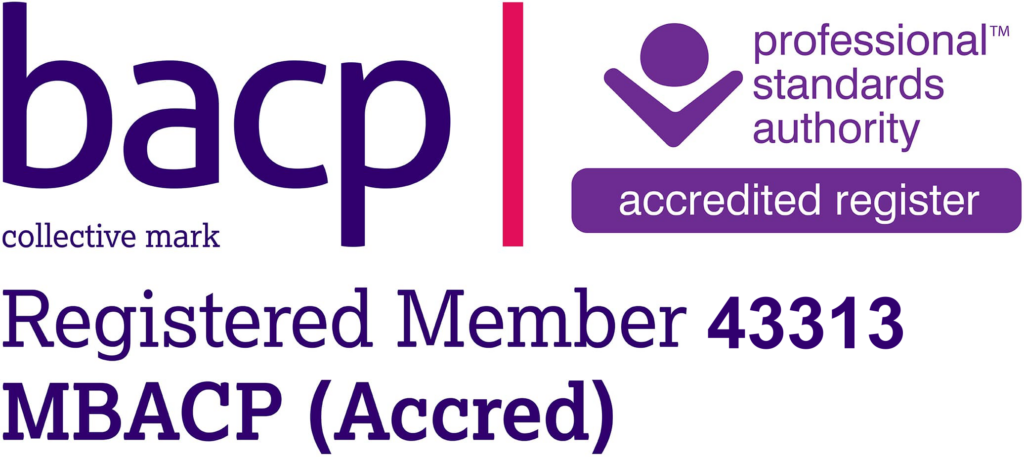Life is full of loss. From the overwhelming pain of bereavement, the death of a family member or friend, to the loss of a marriage that ends in divorce. There is loss inherent in the ageing process, loss of the physical identity we used to have and in all the changes which life brings. There is loss involved when we move house, in redundancy, when our children grow up and leave home.
The Effects of Loss
Pain and feelings of grief may accompany all these losses. Grief may come out as tears, sighs, angry outbursts, inability to focus, or in physical ‘symptoms’, such as fatigue, sleeplessness, headaches, aches and pains, or loss of appetite. It’s usual to consider the grief that follows bereavement in terms of stages, a ‘model’ that has been deeply explored by Elisabeth Kubler-Ross. From the first stage of initial shock and denial, to a sense of guilt, anger and bargaining, depression, all the way to a final acceptance and turning towards the future.
These stages are not always simple or linear; you may repeat stages or skip others or go back and forth between stages. However, knowing about the stages is useful, because it lets us know that we are normal. That’s important, because the intensity of grief can be so overwhelming, can feel so shockingly abnormal. Waves of grief can make us feel that we are drowning. To know that this is normal helps, at least intellectually, though it can’t take away the pain.
Even with the best of therapists and the best will in the world, loss hurts, often profoundly. There is no getting around this. Grief can also be deeply disorientating, because our sense of the whole world has been shaken up. Our world has changed forever. We have to change too, to accommodate that change. Now we must live in a world that no longer contains what we’ve lost and we cannot return to the world as we knew it before. That world no longer exists. Everything may look the same on the surface, but everything has profoundly altered.
Coming to Terms with Loss
Coming to terms with this new world takes time, sometimes a lot of time. A counsellor can help you explore and express the pain and come to terms with life as it is now. But seeing a counsellor should only happen when you feel ready for it. Immediately after a death may not feel right for you. It may feel too early.
When we are in throes of grief, it’s normal to ask ‘When will it stop? When will I get over it?’ but the truth is, it’s hard to say. However, there will come a time when life feels bearable again. Whether you will ‘get over’ the loss is a different matter. The loss of someone we loved stays with us, but the pain becomes smaller and bearable. Once we take in the loss fully and assimilate it, we can again live full lives – though of course we will be changed by what we have lost.



